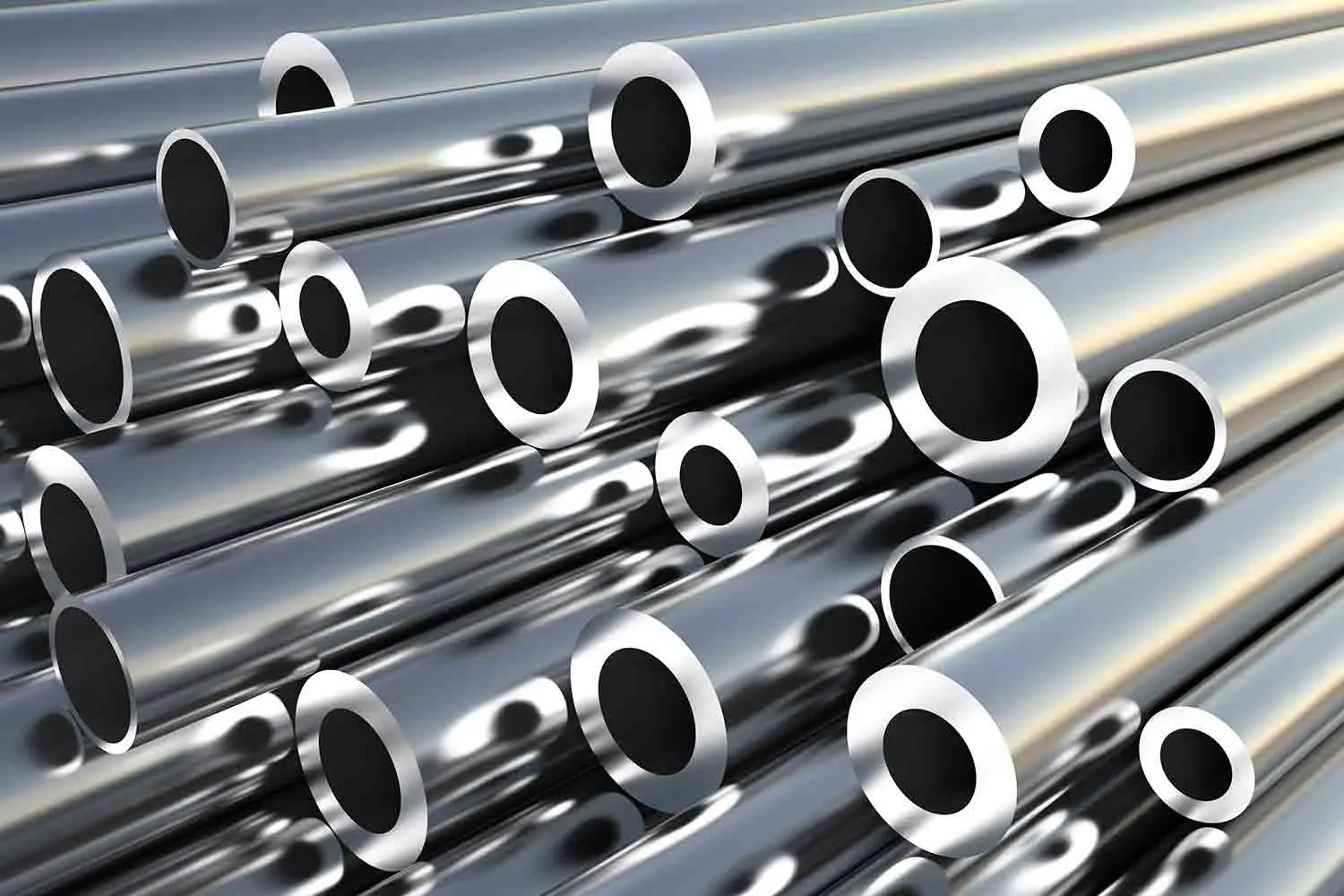Based on the fact that whether there is a presence of iron or not in any metal, it can be bifurcated into two categories. These are known as Ferrous and Non-Ferrous Metals. So, what is the difference between ferrous and non-ferrous metals?
Ferrous metals are those metals that contain iron and non-ferrous metals are those that do not iron. The other significant difference between them is that ferrous metals such as cast iron shows magnetic features. Non-ferrous metals, on the other hand, such as Copper do not show magnetic features.
No wonder, there are so many differences as well as similarities between them. But before going ahead, let me give you a brief review of the two in a tabular form. Let’s dive right in…!!!
Ferrous Metals vs Non-Ferrous Metals
| Ferrous Metal | Non- Ferrous Metal | |
| 1. | Ferrous metals are those that contain iron. | Non-ferrous metals are those that do not contain iron. |
| 2. | They show magnetic properties. | They do not show magnetic properties. |
| 3. | Ferrous metals are easily oxidized. | Non-ferrous metals are not easily oxidized. |
| 4. | Ferrous metals are heavier than non-ferrous metals. | Non-ferrous metals are lighter than ferrous metals. |
| 5. | They tend to show fewer resistants to corrosion. | They tend to show more resistants to corrosion. |
| 6. | Ferrous metals are cheap. | Non-Ferrous metals are expensive. |
| 7. | Have high tensile strength and durability. | Have very high malleability. |
| 8. | Some of the ferrous metals include carbon steel, mild steel, cast iron, etc. | Some of the non-ferrous metals include aluminum, gold, copper, etc. |
| 9. | Ferrous metals are commonly used for making screws, nuts, car bodies, bolts, bike frames, etc. | Non-ferrous metals are commonly used for making electrical wires, decorative goods, bronze gears, aircraft frames, etc. |
What are Ferrous Metals?
By definition, Ferrous metals are those that contain iron, hence, do show magnetic properties. In fact, just because ferrous metals are highly rich in iron content, they are easy to oxidize.
Therefore, as a result, they are prone to rust. They generally show very high tensile strength and durability. In addition, they also show good electrical and thermal conductivity.
Properties of Ferrous Metals
Some of the properties of ferrous metals are as follow:
- Ferrous metals show magnetic properties.
- High density.
- They are prone to rust.
- High electrical and thermal conductivity.
- High tensile strength and ductility, etc.
Examples of Ferrous Metals
Some of the examples of ferrous metals are as follows:
- Steel
- Carbon Steel
- Stainless Steel
- Wrought Iron
- Cast Iron, etc.
Uses of Ferrous Metals
Some of the uses of ferrous metals are in making:
- Nuts
- Screws
- Bike Frames
- Kitchen Equipment
- Cutlery
- Ball Bearings
- Car Bodies, etc.
Editor’s Choice: Difference Between Metals and Nonmetals in Tabular Form
What are Non-Ferrous Metals?
By definition, non-ferrous metals are those that do not contain iron, hence, do not show magnetic properties. In fact, just because ferrous metals are highly iron-deficient metals, they are too hard to oxidize.
Therefore, as a result, they show more resistance to corrosion. They have very high malleability. In comparison to ferrous metals, non-ferrous metals are lighter. However, they are too expensive to buy.
Properties of Non-Ferrous Metals
Some of the properties of non-ferrous metals are as follow:
- Non-Ferrous metals do not show magnetic properties.
- Low density.
- Corrosion-resistant.
- High electrical and thermal conductivity.
- High Malleability, etc.
Examples of Non-Ferrous Metals
Some of the examples of non-ferrous metals are as follow:
- Tin
- Silver
- Brass
- Gold
- Aluminum
- Zinc, etc.
Uses of Non-Ferrous Metals
Some of the uses of non-ferrous metals are in making:
- Electronic Cable
- Aluminum Alloy
- Electrical Wire
- Decorative Goods
- Soft Solder
- Water Pipes, etc.
That’s it for this post. If you like this article, share it if you like, like it if you share it. You can also find us on Mix, Twitter, Pinterest, and Facebook. Hey man, If you have come this far, do give us feedback in the comment section. It would make my day. You can also make a donation. Your donations will help us to run our website and serve you BETTER. Cheers!!!
